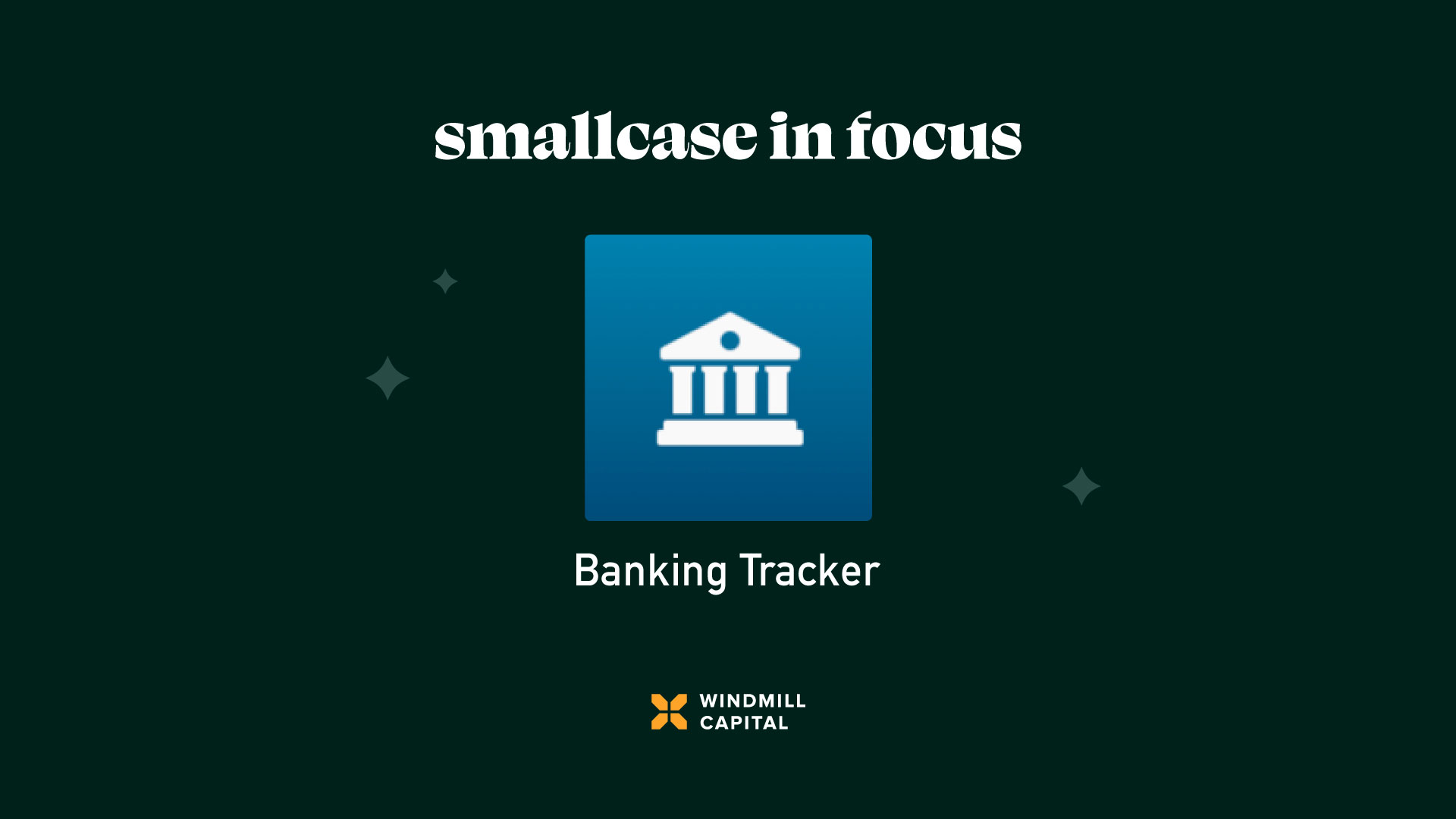Effective Management of Credit and Loans: Empowering Your Financial Future
Credit and loans can be powerful tools to help us achieve our financial goals. Whether you’re buying a car, a house, or financing an education, they can unlock opportunities. But just like any tool, using credit and loans effectively requires some know-how.
Understanding Credit and Loans
Credit and loans play a crucial role in our financial lives, allowing us to make important purchases and investments. However, mismanagement of credit and loans can lead to financial stress and setbacks. Here’s what you need to know:
A. Credit: Credit is the ability to borrow money or access goods and services with the promise of repayment in the future. It can come in various forms, including credit cards, personal loans, and mortgages.
- Understanding Credit Score: This magic number reflects your creditworthiness, basically how likely you are to repay borrowed money. A good score unlocks lower interest rates and better loan terms.
B. Loans: Loans are a type of credit that involves borrowing a specific amount of money from a lender with the agreement to repay it, usually with interest, over a set period of time. Common types of loans include student loans, auto loans, and home loans.
- Interest Rates: This is the cost of borrowing money. The lower the rate, the less you pay overall. Always compare rates before committing to a loan.
- Loan Term: This is the length of time you have to repay the loan. A long-term means lower monthly payments, but you’ll end up paying more interest in total. Choose a term that fits your budget.
Effective Management Strategies:
1. Check Your Credit Score: Your credit score is like a financial report card. To know where you stand, check your credit score regularly. Aim for a higher score by making on-time payments and reducing debts.
2. Use Credit Cards Wisely: Credit cards are handy, but they can be tricky too. Only spend what you can afford to pay back in full each month. This way, you’ll avoid interest charges and build a positive credit history.
3. Stick to a Budget: Creating a budget is like having a financial roadmap. List your income and expenses to see where your money goes. Stick to your budget to save more and avoid unnecessary debt.
4. Borrow Only What You Need: Before getting a loan, ask yourself if it’s a necessity. Borrow only what you need, not what you want. This way, you’ll avoid unnecessary debt and save on interest.
5. Prioritize High-Interest Debts: If you have multiple debts, focus on paying off the ones with the highest interest rates first. This will save you money in the long run and free you from debt faster.
6. Build an Emergency Fund: Life is unpredictable, and emergencies happen. Start saving for a rainy day by creating an emergency fund. Having 3-6 months’ worth of expenses can keep you prepared.
7. Explore Loan Options: When getting a loan, shop around for the best deal. Compare interest rates and terms from different lenders. Choose the one that suits your needs and saves you money.
8. Say No to Co-Signing: Think twice before co-signing for someone else’s loan. If they can’t pay, you’re responsible, and it could hurt your credit. Be cautious with this commitment.
9. Keep an Eye on Your Debt-to-Income Ratio: Your debt shouldn’t overwhelm your income. Calculate your debt-to-income ratio by dividing your monthly debts by your monthly income. Aim to keep it below 36%.
10. Celebrate Financial Wins: As you pay off debts and improve your credit, celebrate your progress. Pat yourself on the back and keep up the good work. Small steps lead to big financial victories!
Taking Control:
By following these tips, you can transform credit and loans from burdens into tools that empower you. Remember:
- Good credit habits save you money! Lower interest rates on loans translate to significant savings over time.
- A healthy credit score opens doors. It can influence everything from renting an apartment to getting better insurance rates.
- You are in control! Make informed decisions and manage your credit wisely to build a strong financial future.
Final Thoughts
By implementing these strategies and adopting responsible financial habits, you can effectively manage your credit and loans, paving the way for a brighter financial future. Remember, financial empowerment begins with informed decision-making and proactive management of your finances.
Stay tuned! Our next newsletter will explore different investment strategies to help you on your financial journey.
Check out Bullish India smallcases
Disclaimer: This newsletter is for informational purposes only and should not be considered investment advice. Please consult with a financial advisor before making any investment decisions.
Investments in securities market are subject to market risks. Read all the related documents carefully before investing. Registration granted by SEBI, membership of BASL (in case of IAs) and certification from NISM in no way guarantee performance of the intermediary or provide any assurance of returns to investors.




